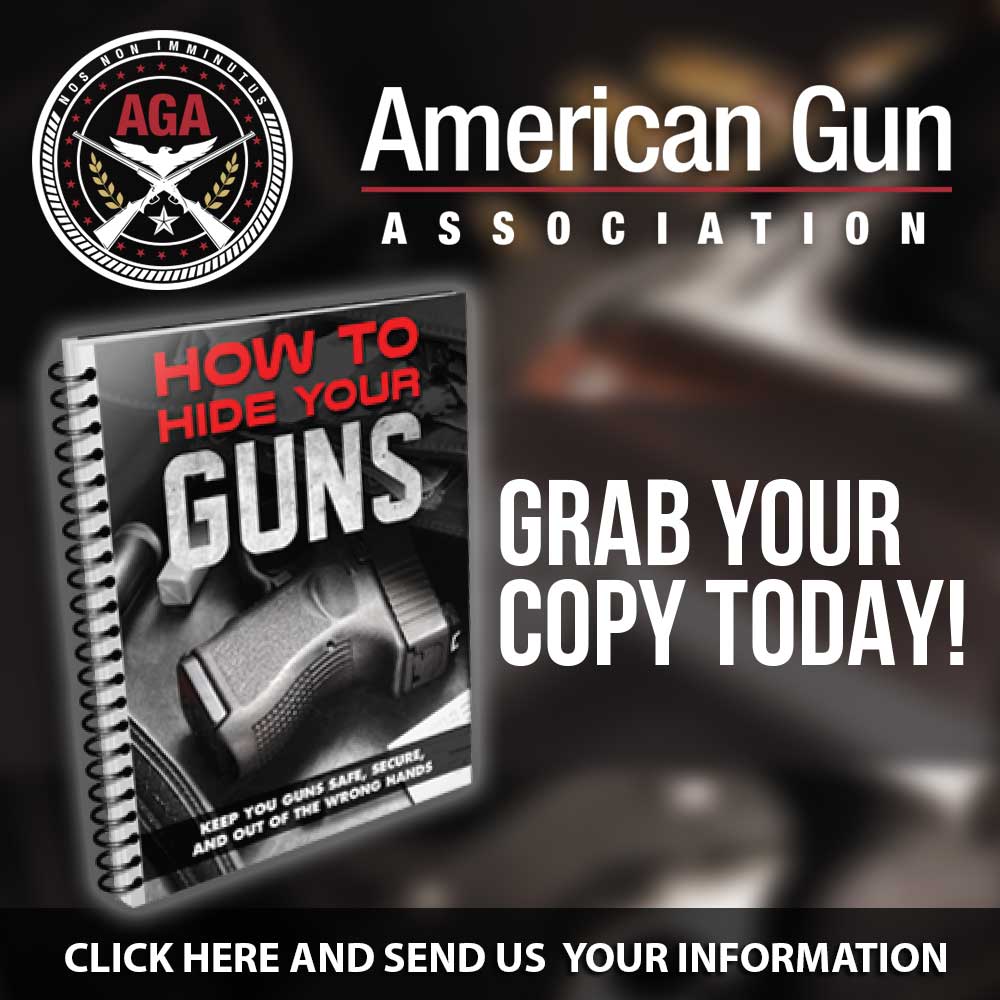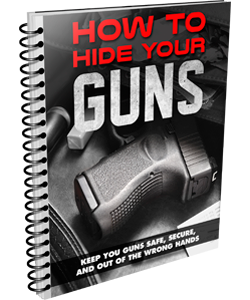As COVID-19 panic sweeps the nation, states and municipalities are declaring States of Emergency in an effort to impact citizens’ behaviors. A declared State of Emergency gives local government additional powers, ranging from control over public meeting sizes, to gun laws, to setting curfews for residents.
Some of these States of Emergency are being declared in cities without any confirmed cases of COVID-19, under the pretense of limiting or stopping the spread of a highly infectious virus. As has been reported recently, the city of Champaign, Illinois, is one such example. Mayor Deborah Frank Feinin claims that the State of Emergency pertains primarily to the workings of government – allowing meetings to be held over teleconference and closing city buildings.
While the State of Emergency is publicly intended to limit gatherings and enhance social distancing efforts, the implications are much greater. Feinin also has the power to close bars and liquor stores, set a curfew for all residents, ban sales of gasoline in containers, seize property, and stop the sale of guns in the city.
RELATED: How to Make Commercial Grade Hand Sanitizer
The ability to cut individuals off from gas, water, and electricity has also been opened up.
None of the declared States of Emergency have been lifted or given an ending date at this time. In fact, this State of Emergency is in effect for at least 28 days, with the option to extend for 28-day periods, indefinitely.
While these extraordinary powers granted to Feinin have not been exercised yet, the city has only acknowledged that they do not intend to exercise them at this time.
It is not unusual for government to infringe upon basic rights in the name of safety or the greater good. Feinin signed the State of Emergency to grant access to the State Emergency Operations Center, but gained access to much greater powers at the same time.
Now is the time to familiarize yourself with possible changes to gun laws in your area.
If we learned anything from Hurricane Katrina, it is that authorities can and will abuse additional powers, and gun owners are often first on the list. For those unfamiliar, over 1,100 firearms were confiscated in 2005. The NRA filed suit against the city of New Orleans on behalf of gun owners, and won.
In 2017, after Hurricane Irma wreaked havoc on the Southern United States and the Caribbean, the US Virgin Islands also confiscated firearms and ammunition in the name of keeping the peace during cleanup efforts.
RELATED: How to Make Commercial Grade Hand Sanitizer
Many states bar the seizure of firearms, but in some cases you are only promised the return of seized firearms. The ability to concealed carry may be limited – or in the case of Florida, extended – during a State of Emergency. Contacting local law enforcement should provide the answers you need.
As always, it is your responsibility as the gun owner to know and obey gun laws anywhere that you are living or traveling.
If you feel that your rights as a gun owner are being infringed upon, you are encouraged to call your local government. Having a plan in case of emergency is always recommended.
Up Next:





